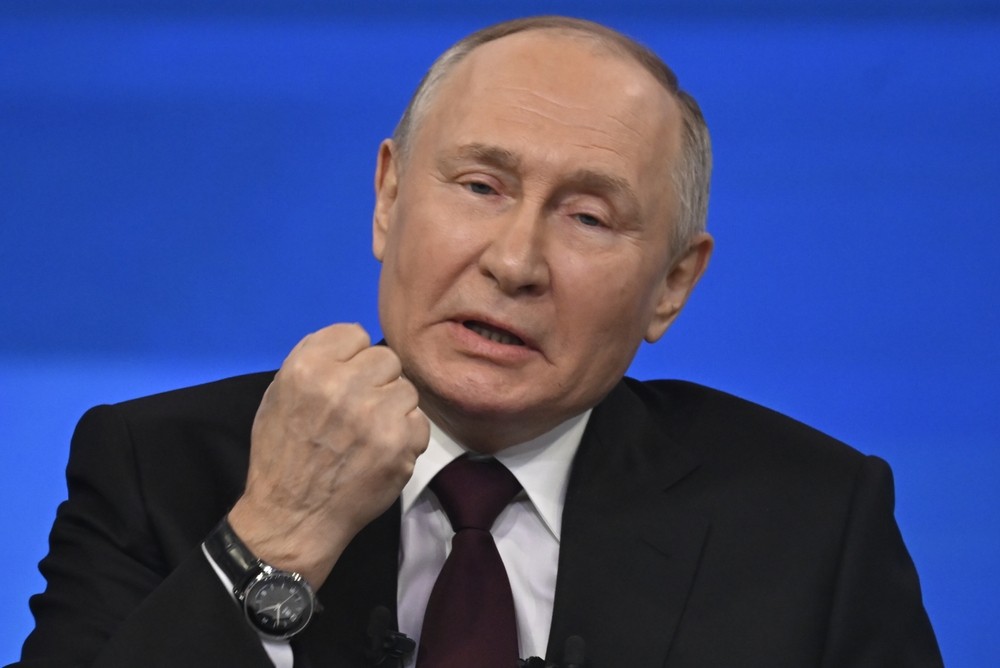Domestic production covers only a fraction of the country’s needs.
Others are reading now
Despite its vast reserves of natural resources, Russia remains heavily dependent on key imported materials to support its industries, especially its defense sector.
Dependent on Imported Materials
While oil and gas are critical exports, meeting a large portion of global demand even amid Western sanctions, Russia’s reliance on imports for other vital resources — such as manganese and chromium — highlights a less self-sufficient side of the Russian economy.
As a significant producer of enriched uranium and tungsten, Russia holds leverage in its export of materials essential to Western defense and nuclear energy sectors, according to WP.
However, when it comes to certain minerals needed for its own industrial production, such as manganese, Russia is far more vulnerable. Used in military steel production to enhance durability and resistance, manganese is essential to Russia’s arms manufacturing.
Also read
Yet, domestic production covers only a fraction of the country’s needs, forcing Russia to rely on imports. Until recently, Russia sourced manganese from South Africa, India, and Gabon, but EU sanctions have blocked these supplies since June 2023.
Circumventing Sanctions
To circumvent these sanctions, Russia has rerouted imports through Kazakhstan, Turkey, and Iran. This workaround has increased costs and introduced risks to supply stability, making the critical material even harder to secure. Chromium, another essential element that strengthens steel, is also largely imported, with Kazakhstan supplying 60% of Russia’s demand.
The reserves for both of these resources within Russia are reportedly nearing depletion, with Natural Resources Minister Aleksandr Kozlov recently warning that several key mineral deposits may last only another 5 to 15 years.
Russia’s limited self-sufficiency in minerals and its aging infrastructure for extraction have further complicated matters.
Decades of minimal investment in geological research, coupled with a focus on quick resource extraction, have led to a short-sighted approach that now limits Russia’s options. Increasingly, Russia is forced to explore Arctic resources, escalating regional tensions and drawing Western opposition.
As sanctions disrupt global supply chains, Russia’s attempts to leverage its own exports, such as uranium and tungsten, as political tools may backfire.
Moscow’s reliance on imports for critical minerals reveals the reciprocal impact of these economic strategies, potentially weakening Russia’s own industrial capabilities.


